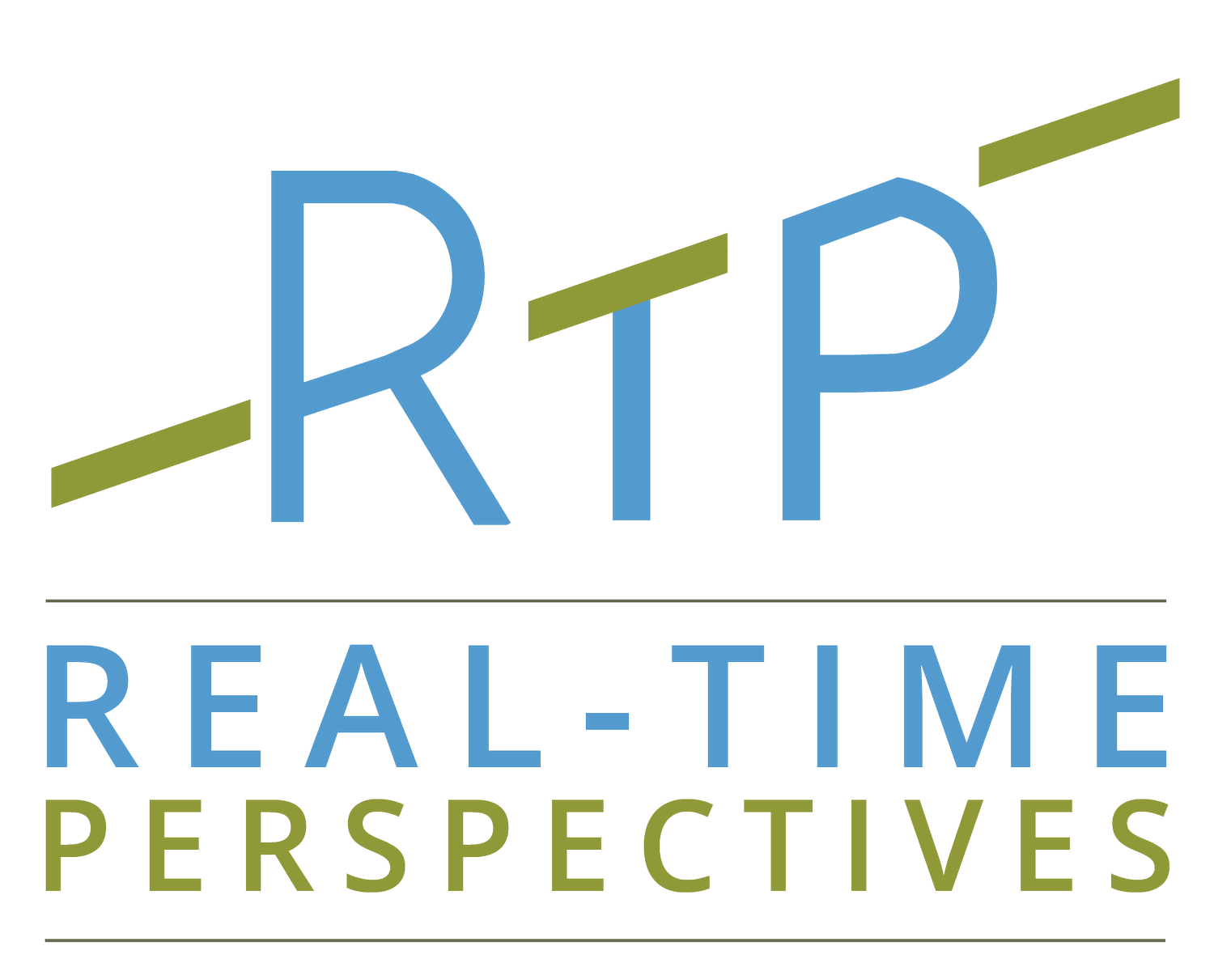How to be Authentic when Seeking a Promotion
When you’re looking to get that coveted promotion, don’t underestimate the value of extensive prep for the conversation. If you’re fully prepared, you’ll have the confidence to represent your authentic self. Some people make the mistake of thinking that because they’re more outgoing and find it easy to relate in social situations, their personality and charisma will carry them through. Don’t take the risk!
Tip #1: Review.
Look back at your most recent performance evaluation. If you’ve participated in other evaluations, like the Leadership Circle Profile, refer to that too (learn more about the Leadership Circle Profile and other tools here). Remind yourself about suggested areas for development and compare those to what would be required for a next-level job. If you are lacking the “work experience”, make the conversation about what specifically you can do within your current job role to build/demonstrate those competencies instead of asking for the literal promotion. Sharing what you’ve done in your role so far and what you look to accomplish in the near future, and receiving feedback from those around you, will show your awareness and initiative to better yourself and better the company.
Tip #2: Develop.
Put in the effort to develop and design your personal leadership brand. You may be asking yourself,
What is a leadership brand?
Why is it important?
How can I create one?
According to Glenn Llopis, a leadership brand is the overall experience of having a relationship with you. It’s important because it can consistently express the value of YOU. You can create one by asking yourself and others, what is the total experience of having a relationship with you like? Compare and reflect on who you naturally are and who you want to be. It’s not about self-promotion, and it’s not about acting a certain way. It’s about being accountable for yourself, living by and managing your brand.
Tip #3: Practice.
Know what triggers your emotional reactions that may come off as negative (even if that’s not your intent). Figure out ways to reframe a situation. The Harvard Negotiation Project provides a great tool to get back on track:
Listen to uncover how you feel.
Imagine how you can negotiate with (and shift) your feelings.
Determine how you can productively express your feelings in light of:
What the other person may be feeling.
What may be at stake for the other person?
Be prepared to handle objections, i.e. anticipate what your employer might say about your lack of readiness and have well thought-out (and non-defensive!) responses. I have used an Objections Model to help many clients work through a difficult conversation. Contact me for more information!
